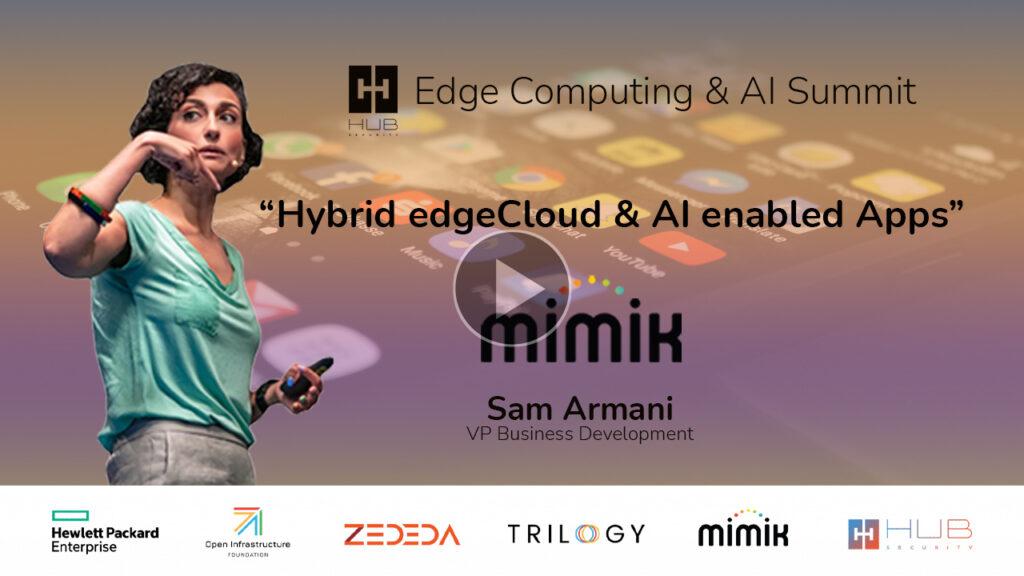Vancouver-based mimik technology released its edge cloud platform and edge software development kit (edgeEngine) that minimize the need for cloud resources to power edge devices. It does this by turning ordinary devices, like a mobile phone, into a mini cloud server.
Phil Belanger, chief marketing officer at mimik, explained that the edge cloud platform provides the core authentication, authorization, and communication features that allow the distributed nodes running the edgeEngine on those edge devices to communicate with each other. That communication can be either back through the cloud platform or device-to-device, which is the part that reduces the need to access cloud resources.
The edgeEngine is deployed as a container into applications that can run on mobile-focused operating systems like Apple’s iOS and Google’s Android. Belanger said this allows a microservice to basically be run on a mobile phone.
“Microservices can act as clients or servers,” Belanger said. “These microservices are generic modules that will run on any of the [operating systems] that we support. A developer can write a single microservice and it will run on iOS, Android, Linux, etc.”
The container environment also allows developers to install and run the same microservices on any platform. This includes, personal computers, tablets, set-top boxes, and home routers. That container environment is similar to a Docker container but provides a subset of that Docker container functionality. This also allows for an application that was developed using a Linux server to run on iOS or Android.
When an application using the edge SDK first runs, it contacts the mimik backend platform for authentication and activation. This also provides the mimik platform with a known connection route to that edge node that can be used to connect new nodes to the known nodes.
Communication between the application and microservice is through the application level and can run locally or on any other edgeEngine-enabled node. That communication does not need to go through the central cloud and does not need any back-end internet connectivity.
Belanger said that the platform is ideal for an application that includes a mobile phone as a companion for a physical device. He said a smart thermostat was an example that would allow for that smartphone to communicate directly with that thermostat if the two devices were in the same room, bypassing the need for that application data to traverse the internet into the cloud.
“mimik enables app developers to be smarter about how they use the cloud,” Belanger explained. “They can do more local communication and send only a subset of requests to the cloud hosting service.”




